Asian A.V. Club newsletter #30: Jen Chu
It's a fun issue as we talk to Production Designer Jen Chu, who is celebrating a great year with her Emmy-nominated work on RuPaul's Drag Race, plus (literally) a few minutes with Awkwafina!
Some careers happen by chance, others are pursued with passion and determination. But in the case of production designer Jen Chu, we truly believe she’s been pre-destined to conjure ideas to life. With a successful career working on creating beautiful spaces for shows like Project Runway, Holiday Gingerbread Showdown and Create the Escape, Jen is now being celebrated with a Primetime Emmy nomination for Outstanding Production Design for a Variety or Reality Series for her work on the show RuPaul’s Drag Race.
Not only does Jen give us an insider look at the creation of this iconic series, but she also opens up about how she made her passion into a rewarding profession.
Asian A.V. Club: We always love to start with an origins story about the moment you experienced or saw something that made you think you wanted to pursue a life in the creative fields. Was there an ‘a-ha’ moment for you?
Jen Chu: Honestly, I've never really done anything else. A lot of people ask me how long I've been doing this, and it sounds like a joke, but I've really been doing this stuff since I was five. The skills that I was practicing when I was five are still ones that I use now. And when I was 11, I knew I wanted to be a ‘freelancer’. (laughs) Now I didn't know that's what it was called at the time, but I do remember thinking that I like when there's a big project and a whole group of people work really hard to get to a certain goal. And when the project is over, there's sort of a moment of calm, and then you start a new project.
Asian A.V. Club: That’s kind of incredible!
Jen Chu: I didn't grow up watching a lot of TV or film. I think it was really just that I liked to make everything into a bit of a production. I'm always trying to figure out how we can make it a thing, whether it's a party, or whether it's some sort of presentation at school, basically, some activity that I'm putting together with other people. I've always loved the idea of taking something that's like a morsel of an idea and transforming it into something that's a little bit more like effortful and memorable. I've been doing that forever, so I've never really thought about doing anything else.
Asian A.V. Club: I find it fascinating that at 11 you knew that you enjoyed elevating an experience for others. Birthday parties much have been awesome!
Jen Chu: There’s always been a big part of me that wanted to create projects that didn’t exist. Nobody is going to ask you to go over the top and turn your best friend’s birthday into a rooftop surprise fantasy party. Why would anybody ask an 11-year-old to do anything like that? (laughs) I think I just saw an opportunity in the arts to create a project that turns into a learning experience, and it also just turns into one big experiment at the end of the day.
I think I've always been trying to turn something out of nothing, and that is part of the way my brain works. It's not necessarily to do it for anybody else. It's just solely out of curiosity. I just have to know what happens if we did something this way, or if I tried something that way, or if I attempted to sew even though I've never sewn before… it was a different time. (smiles) Back in those days, we didn't have YouTube, and a lot of the creativity was just fueled by curiosity. It's kind of nice, because in the process of doing that, you also learn hands on whether it's the right way or not.
Asian A.V. Club: If your teens were about learning through trial and error in an unstructured environment, how did you adjust when you entered a collegiate setting where structure might play a bigger role in your creative process?
Jen Chu: So, I have a fine art degree from UC Irvine. The degree is technically called studio arts, and it was a very open ended, conceptual program, where people were largely creating their own curriculum, even at an undergrad level. Of course, we had some degree of structure, but the structure was really to put you in a room where you have to practice public speaking and critique, which is really helpful.
But as far as what you do day to day, it was very, very open ended. Most of the successful kids that were in that program were largely self-taught because the program was so broad. The school was just sort of like, here's some time, here are some resources and a few parameters; figure it out. And I saw that as a really useful opportunity because I am often a little bit more of a freestyler. Things will evolve as we go, and I'll think of new dimensions to my project, so having a little bit of a loose leash really worked out in that way.
I think there are two parts of me. If somebody is like, ‘Oh, we want you to paint this cheetah and replicate it in a certain amount of time.’ One part is like, I'm good at this. I've practiced it a bunch and I'm going to try to make the best possible cheetah in the shortest amount of time. But there is another part of me that is always thinking, if everybody is going to paint a cheetah, can I paint an elephant instead? (laughs) There's always a part of me that's wondering if there's a way to do things completely different from how everybody else is doing it.
Asian A.V. Club: One of your first jobs was working on the reality series Project Runway. Was it difficult to jump into a series that was already established by the time you joined?
Jen Chu: I'm sure you've talked to many people who work in reality, and I think the majority of them have always had aspirations of working on a scripted format. I'm quite different. My background is not necessarily storytelling. I feel the reality competition, live TV, variety world, has been really wonderful for me, because a lot of times the prompt is just to make it cool, and how that happens is pretty flexible.
On one hand, I think it would be an amazing exercise to collaborate with producers and a director on something scripted that has a very, very specific vision, rooted in somebody else's preconceived concept. But for reality, the producers really do lean on the designers to figure out how they can put a new spin on something that happens over and over and over again. So, every Project Runway house has to look different. Every Big Brother House has to look different. Every Bachelor house has to look different. And the idea is always just to make it cool, distinct, and pop on camera.
For Project Runway, I was pretty young and early in my career. I was largely responsible for decorating the apartments and luckily, I was coming in with a lot of technical fabrication skills. And I was just trying to figure out how can we take modest materials like wood and paint, and make it telegenic? How can we bring dimension and excitement into what’s otherwise just like a plain white box? It is very satisfying to take something really nebulous and vague and just like fine tune, fine tune, fine tune, until you land on something, and everybody looks at each other and they're like, ‘Oh, we did it. We cracked the code a little bit.’
Asian A.V. Club: It must have been nice to be young and have people listen to your ideas. I’m not sure if many production assistants starting out ever get that chance. How does being listened to help you grow in your craft and advance to the next level?
Jen Chu: That's a great question. I don’t think people understand how many hours I put into the craft before I even got to college. It was like 1000s of hours where I would practice and be in my room. So, by the time I got to university, I was already a few years ahead. By the time I started working, not only did I want it, I was ready. So that slight advantage resulted in me being like a department head very early on.
I made some mistakes more from a work politics standpoint. There were certainly times when I feel like I should have spoken up more and then others where I could have benefited from shutting up a little bit. (laughs) But as far as the technical aspect, I started building my team where people were coming in with all different levels of experience, training, and leadership skills.
Asian A.V. Club: Was building your team also the time when you transitioned from art director to production designer?
Jen Chu: I mean, it's a little tricky, because the line between production design and art direction are a little bit gray, especially depending on the scale of the project. For a lot of smaller projects, the art director and the production designer is the same. Sometimes that person is also the coordinator, and sometimes they are also the buyer. Early on, I was art directing for Project Runway under somebody else, but I was also production designing my own, smaller projects on the side.
A big part of it is scale. The crews that I was running on my own, started off a little bit smaller, and then they just got bigger and bigger. But there was definitely not a hard line. And even now, the line is a little bit blurry, because for RuPaul’s Drag Race, for instance, I have art directors who are phenomenal, and honestly, some of their technical skills exceed mine, and sometimes our skills overlap, and they're a little bit redundant. But I don't want to be one of those people that discourages people from using their ingenuity or their skills. I consider all of my closest members above and beyond people. If, God forbid, something happened to me and I couldn't do the show anymore, they could, and that's okay. And so, there was not an official hard line.
Asian A.V. Club: You joined RuPaul’s Drag Race in season 16, and it’s clear that as the show just keeps on getting bigger and bigger, their aspirations have grown even grander. What was it like to enter a show under these circumstances?
Jen Chu: I think there are some existential feelings around coming onto a legacy show that means ALOT to a lot of people and had such an impact. But there is also a set of practical thoughts that also run through my head. Like, for example, the set had been around for a really long time and I'm not sure if you can tell on camera, but in person, there were definitely some areas that were like in need of a refresh, just based on wear and tear.
And then exactly what you said, the show has grown very steadily, and the amount of ambition that the producers are bringing to the project is getting bigger and bigger. When it went from a small show to a giant show, it was just very gradual. And honestly, till this day, it still takes us by surprise where sometimes we'll finish, look at each other and we're like, ‘Did we really do that in two days? That was wild.’ The structure and the budget of the production is not necessarily set up for massive builds. So, there's a constant little angel on my shoulder that's always like, if we're pitching this, we can actually do it. (laughs)
There’s also the fact that because it’s episodic and we only have the amount of money that we have, we need to spread it for the whole season. You don’t want to burn out and run out of resources. A lot of times, there are custom graphics and custom props that are very fussy, and take a really, really long time. So, on top of the huge set, which is obvious to the audience, there are a lot of very nuanced art related projects that are happening to support the storytelling aspect of the show, and that stuff takes just as long. I think it always surprises the parents of the show how fast their kid is growing up.
Asian A.V. Club: Can we talk about the two episodes that you are co-nominated for? RDR Live has so many sets because it’s inspired by SNL, and then Werq the World basically has a full-on concert stage performance. What was it like to work on both those episodes?
Jen Chu: I think the audience is supposed to believe that these episodes are weeks apart. But in reality, most industry insiders know that they're only days apart, and so it is a very intense turnover. When the episodes are conceptualized, they're not necessarily spacing out the big build. Sometimes they can be really close together and we are just making sure we can hit our targets. So, both of those projects were really large.
I'm co-nominated with (production designer) Gianna Costa. She's been nominated many, many times, and honestly, RDR Live! was very much her baby. I came in as a supporter of her. And so, there are even situations where there might be two art directors, or two productions designers, and we just help each other when we need to. Sometimes it comes down to who has certain skills that are stronger. Other times it just comes down to, are your hands available at this time. For a show like Drag Race, that happens a lot.
There might just be a last-minute request to custom fabricate or bedazzle something or try to find something obscure on the internet that's in another county that's hours away. And sometimes we just have to look around and be like, who can help us make this happen.
Asian A.V. Club: As a fan of the show, the nerd in me really wants you to break things down for us!
Jen Chu: So, I would say that the scenery builds are always a very, very heavy lift, because we have our main stage, and we have the work room. You can’t really tell as a viewer, but most of these scenery builds we only have a day or two to put them together. There are a lot of factors, like drag queen schedules, shooting schedule, noise. Sometimes we can't make noise because the stages are adjacent to each other. Sometimes we only have builders for certain days, and we only have painters for certain days.
So, whenever we're tasked with bringing together mini sets, it's very, very carefully choreographed. Not just with the art department. It’s choreographed in conjunction with group department, with lighting, ad department, everybody is trying to operate with laser focus laser precision, just to make sure that we can finish everything on time, get everybody in and out, and not go into overtime.
Sometimes they're not even the most ornate or complicated sets that we work on, it’s really the volume going on in sometimes five separate rooms. It becomes a slicing exercise, like, how many wedges of the pie are you cutting somebody's time into and how many minutes can they sacrifice to work on this set versus that set? So, it's a lot of communication. It’s a lot of people crossing paths, literally being, ‘excuse me, excuse me’, working on top or under each other. You know that scene at home alone, where the families getting ready for their trip, and there's like, a camera at the front door, and everybody's just like, crossing paths and it looks like the terminal to an airport? That is often kind of what it looks like. (laughs) Sometimes, art's not even ready, and lighting is already rolling in. And they're like, we just got to do it.
A lot of that happened for the RDR Live! episode, which was primarily Gianna baby.
Asian A.V. Club: Was it the same organized chaos for your episode Werq the World?
Jen Chu: It was a little bit different. The producer team comes up to me and says, ‘we're making a music video and we want it to look hot.’ Now that can be interpreted in 1000 different ways. But Gus Dominguez, the lighting designer, had a vision of how he wanted the lights to move, and it was really my job to figure out the stage design so that we could have a whole bunch of people on stage at once, so they could dance, they could sing, they could be tiered, and there was a little bit of a runway so a solo main singer can come to the front. We had to come up with a stage design that is conducive to what the Queens needed to do.
As far as my primary concerns, it was a question of how many people could we fit on the stage, was there space for camera people, can they move or even have the square footage to support 40 people who are all going to be in the room at once? All that is factored in and manifests itself by the end.
Asian A.V. Club: Because you’re running such an elaborate team, what kind of a boss are you? When things are this hectic, is there still room to mentor and guide the next generation to reach their full potential?
Jen Chu: There are people who come in with all different levels of experience. In fact, everybody always has one or two secret skills that not everybody else has. I'm always trying to leverage what they're already good at and then figure out how they can segue into becoming a really strong team member. Most of the people I hire are very technical, and they can do things because I'm a lead that's pretty technical. I’m very mathematical and really interested in hitting targets when it comes to finances and stuff like that.
Every now and then, if we're collaborating on a project, I'll just sort of carve off a little chunk of a particular project and let my art directors run with it, just so they get to use all the parts of their training. It’s just so cool to see other people do their thing, observe their instincts and how they delegate tasks effectively. I know that if somebody is feeling like all they do is obey for their entire career, they will get bored and lose interest. I'm always trying to give people a little bit of leadership experience, just in case some friend is going to call you and be like, I have a micro budget indie that I'm shooting this summer, and I want you to help me. And that micro budget indie can completely change somebody's life. I think it's more efficient if the entire group is expanding together.
Asian A.V. Club: I gotta ask, what do you do to unwind and relax?
Jen Chu: I mean, obviously I'm not great at doing that. That's been an honest, lifelong, struggle figuring out how to genuinely relax. I think a lot of people who do what I do, really thrive off the adrenaline from doing it. So, if I'm relaxing, it's fine, but it's not that fun. (laughs) But I have found one thing that I do that is really cathartic and feels a little bit work adjacent, is archive. I take a lot of stills of our work and what I find soothing is I'll go through the pictures and put them in folders and label them. There's something about going through the photos, just like after vacation, where you just sit down and have a quiet moment, tagging your favorites and deleting the rest. At the end of the day, you have a nice, gift-wrapped bow on the album for the year.
There’s something that gives me closure when the project is over, especially since what we do is incredibly ephemeral, and much of the stuff is going to end up at a recycling yard within days. Those photos show that we actually put in a lot of work, even though we only cared about them briefly. I just like to take a moment after every project to archive, reflect a little bit, and then I'm ready to move on.
Asian A.V. Club: Have your parents figured out what you do yet?
Jen Chu: Totally. I generally tell people who are not in the industry that I'm a set designer, because “production” is such a big term. Because I have photos and a very tidy archived portfolio over the years, my parents do know what I do. It's funny because my mom had no idea what Drag Race was. But my family is Taiwanese, and my after I started explaining what the show was, my mom was like, ‘wait, I heard about this Taiwanese performer Nymphia Wind, is that your show?’
My mom is very aesthetic and creative and loves fashion. So, it was very fun to be able to share Nymphia’s Instagram and show her amazing work. Nymphia and her niche is just at a whole different crazy level that is so above and beyond anything that I ever did, as far as art direction in textiles and fashion and apparel. And it was very cool to see the light bulb go off in my mom's head. That has been so awesome to share with her.
Asian A.V. Club: It’s been so awesome for you to share some of your stories with us! Thank you so much!
Jen Chu: Thank you.
Speaking of Nymphia, here she is giving a tour of the set with a certain Production Designer Jen Chu breaking it down even more!!
RuPaul’s Drag Race is streaming now on Paramount+
Wait a minute… we’re not done yet!
We got a last minute go ahead to talk to Awkwafina. Hey, it’s better than nothing we thought… but now that we’ve had the chance to (briefly) speak to Awkwafina, we HAVE to speak to her properly in the future. So universe… work your magic. Until then, this is Awkwafina quickly talking to us about her current action comedy Jackpot! co-starring Jon Cena and Simu Liu.
Asian A.V. Club: I know you’re super busy so just wanted to ask you two quick questions about your new film Jackpot!.
Awkwafina: Go for it.
Asian A.V. Club: You’ve done movies that have been physical before, but to be part of a film which asks you to be front and center with all the action throughout the film, did your body at the end of the day ask you what’s going on?
Awkwafina: My body definitely was, like, ‘what's going on?’ I think in Shang-Chi, I basically fell off an apple box. (laughs) We had an amazing stunt team, an amazing stunt director, James Young, and I had a great stunt double named Kiera (O’Connor), and it really kicked off my fitness journey. In fact, I have MyFitness Pal on my phone right now.
Asian A.V. Club: There’s this running joke where Simu (Liu) tries to connect with you by saying you’re the only two Asians in the room. Was that always in the original script? The fact is, there are two Asian actors among the top 3 on the call sheet, what was that like to realize?
Awkwafina: I appreciate that question. That line was written on the set. I think at the end of the day, what you can hope for as Asian American performers, is that you can find yourself on a call sheet with other Asian American performers. Of course, the way the script was written didn’t specify race of any kind, so we were cast because we were right for the roles. It’s just a wonderful coincidence that Simu and I are both Asian in the roles that we play, which is why that joke was funny. Thank you for seeing that.
Asian A.V. Club: You have to go! One day we will talk much longer!!
Awkwafina: I’m so sorry. But YES!!


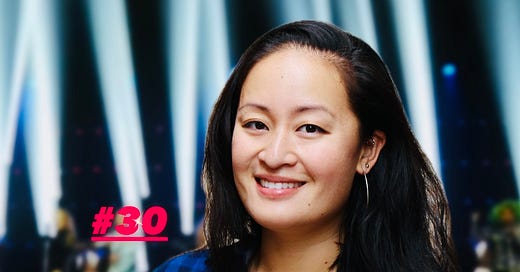



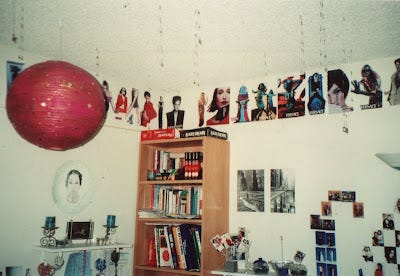
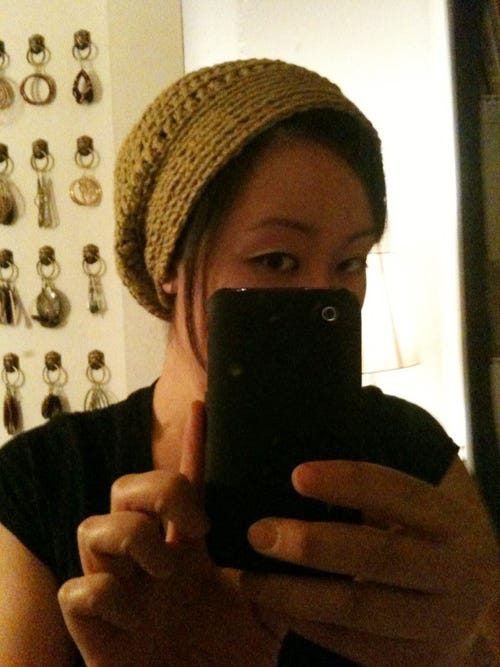
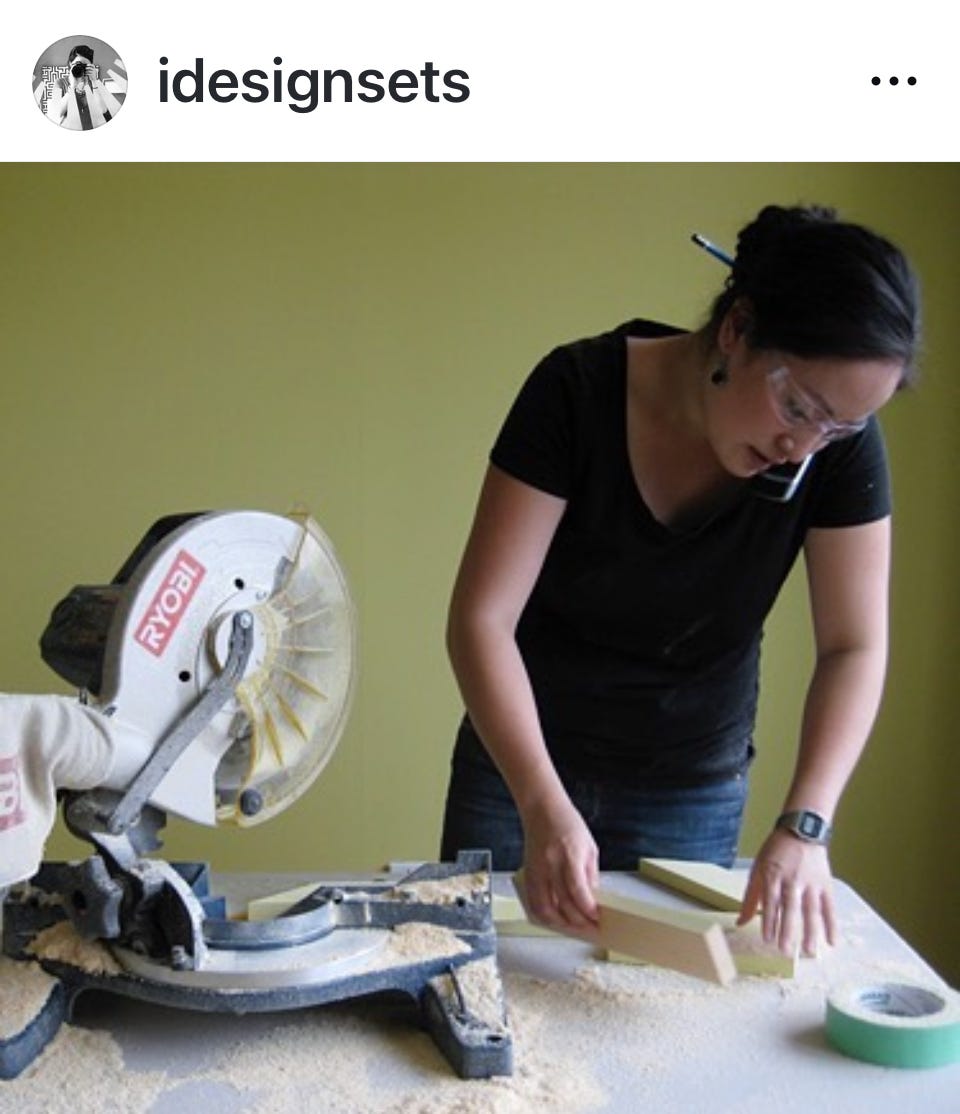

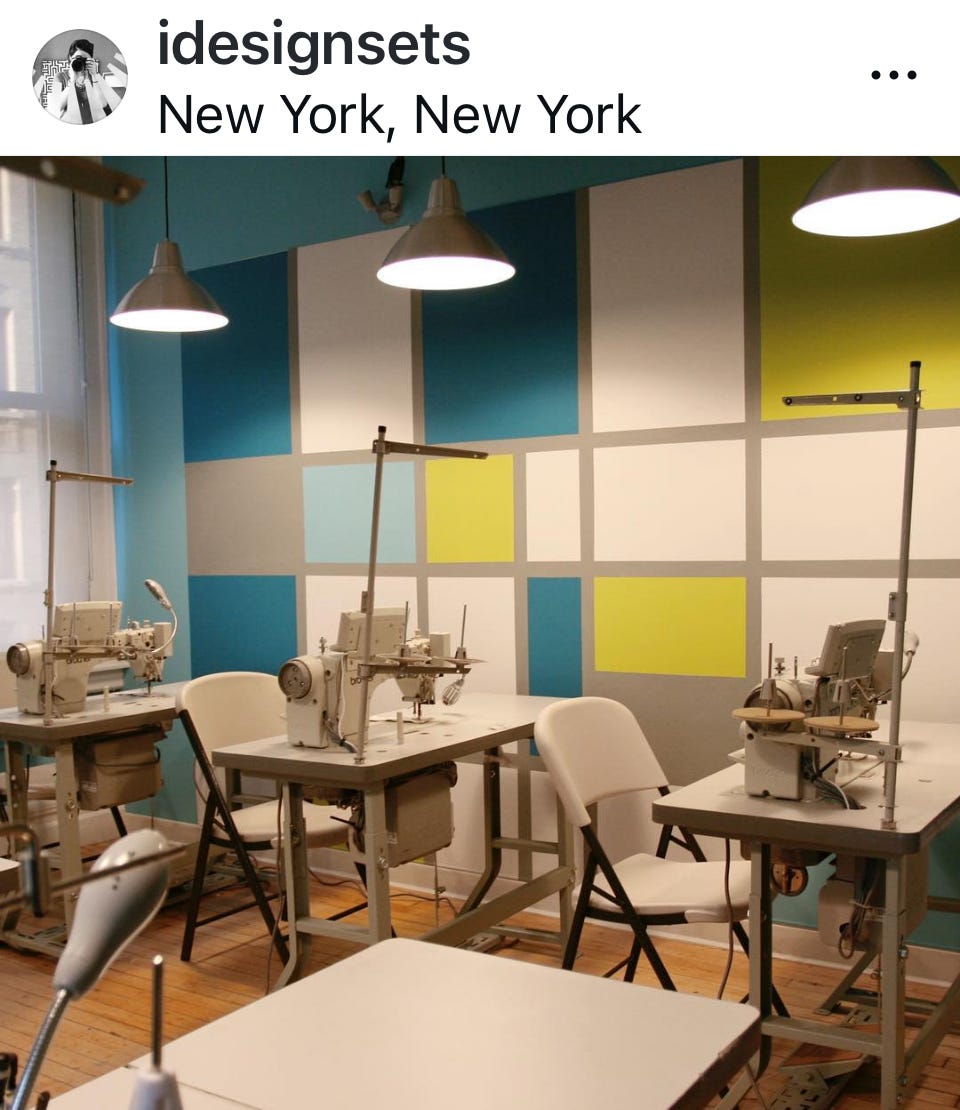
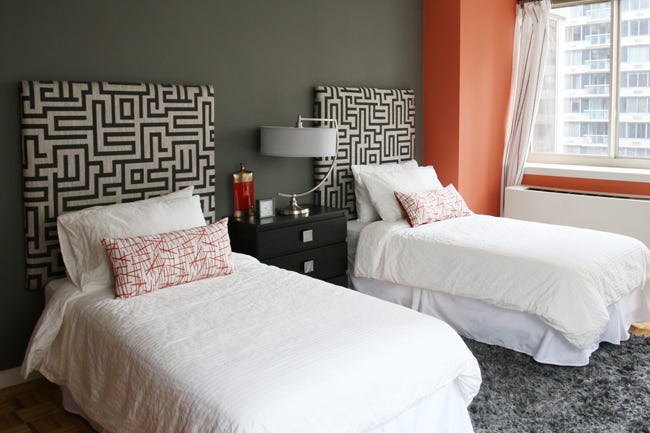

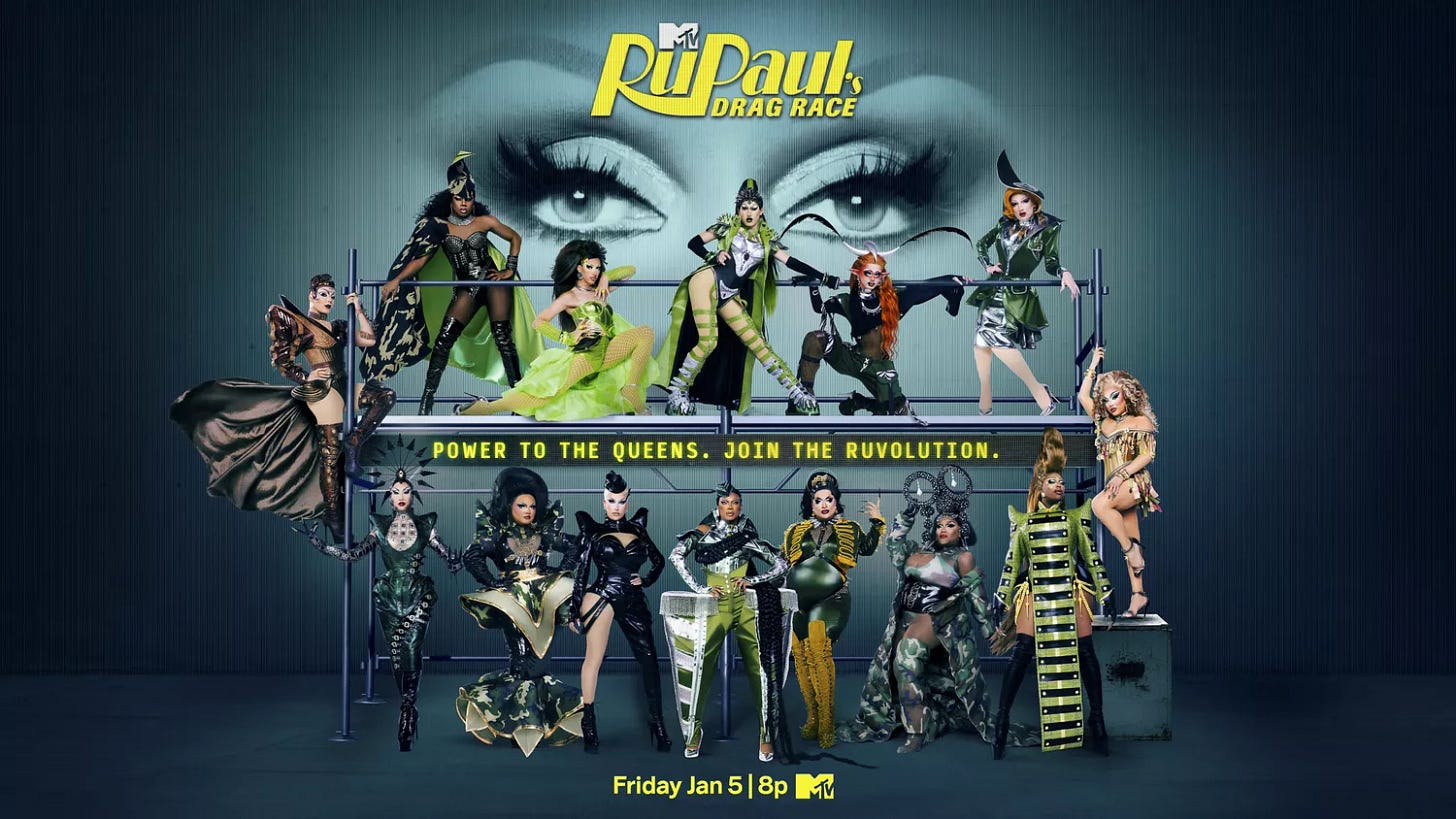

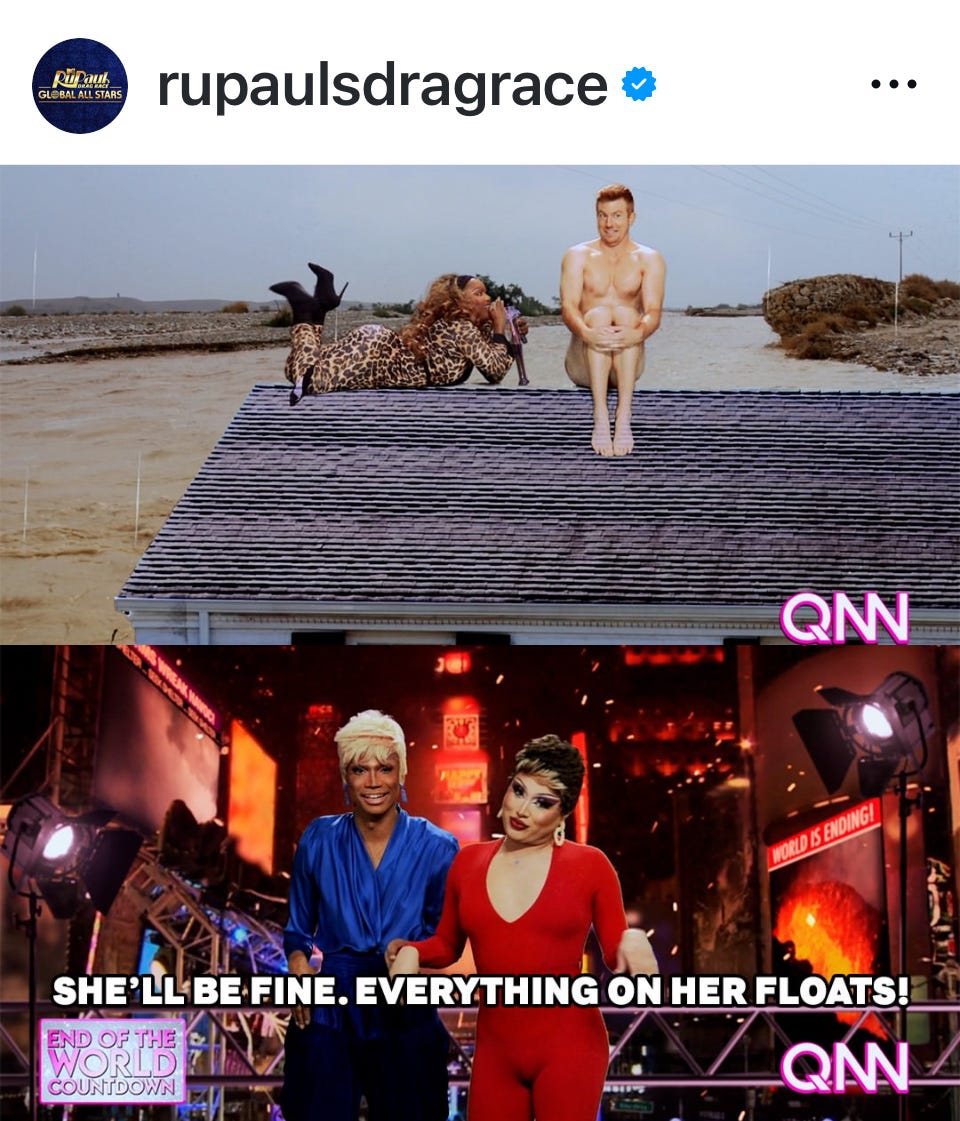

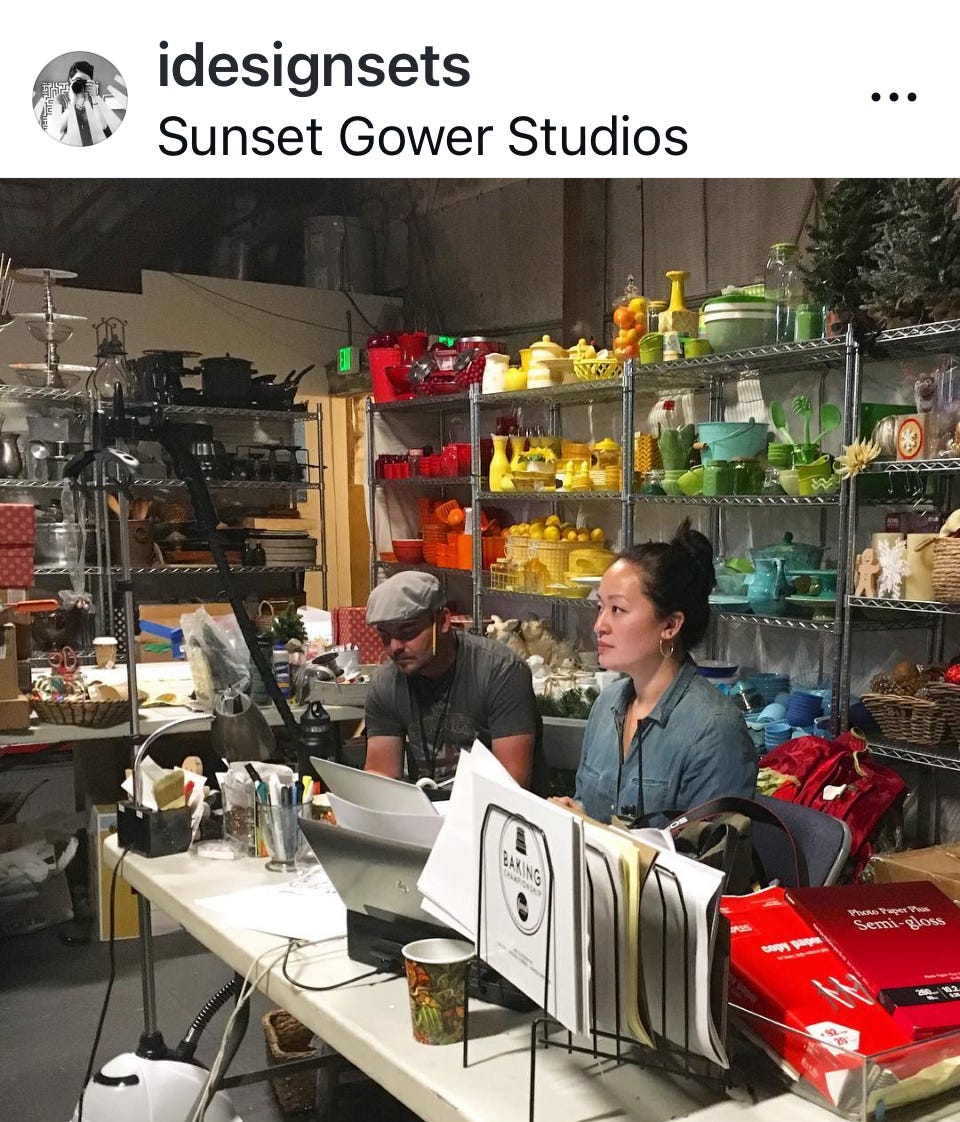
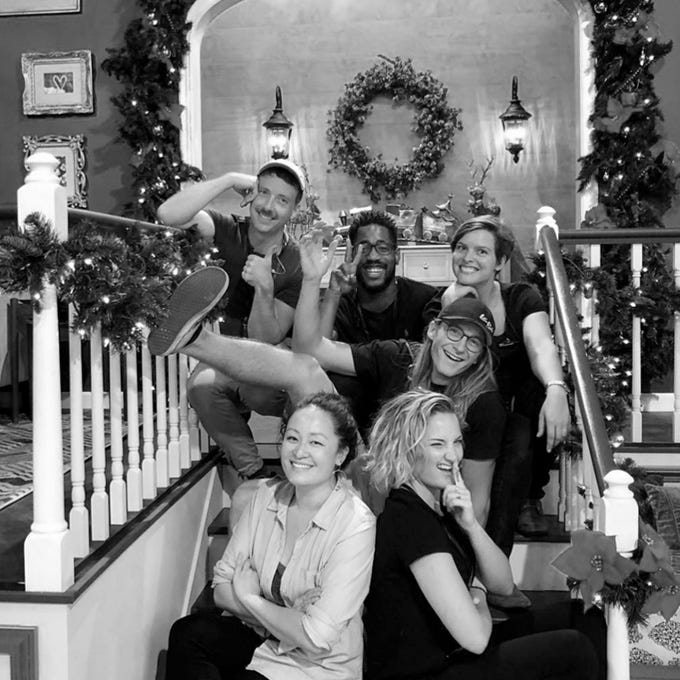
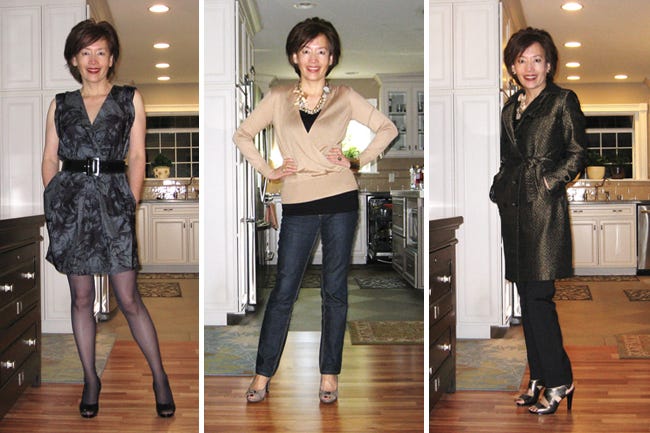
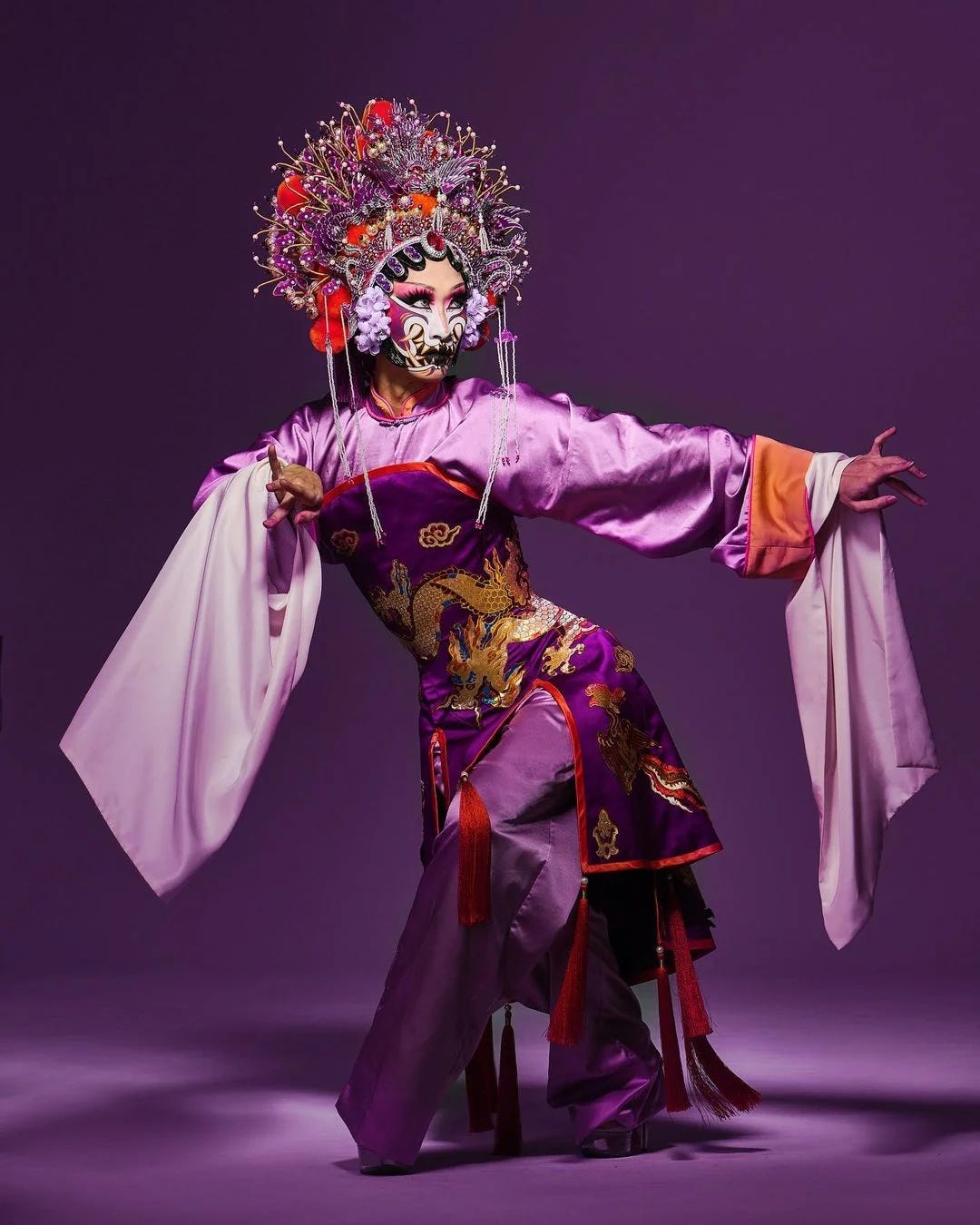


Good article! Great to see another Asian finding success in the Production Design world. There aren't many of us in this line of work.